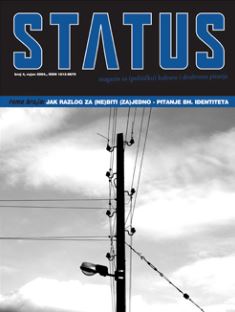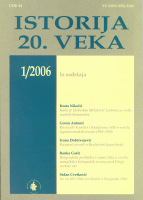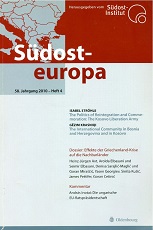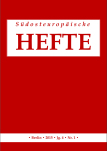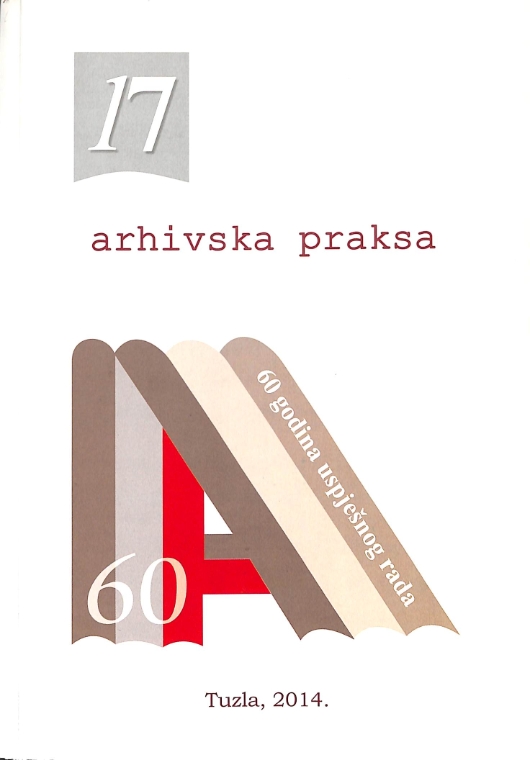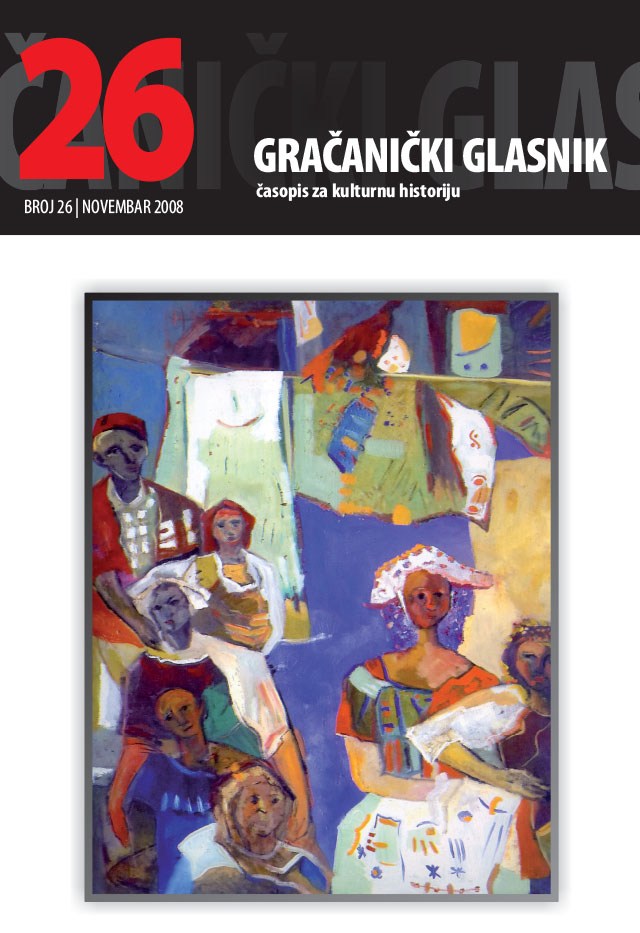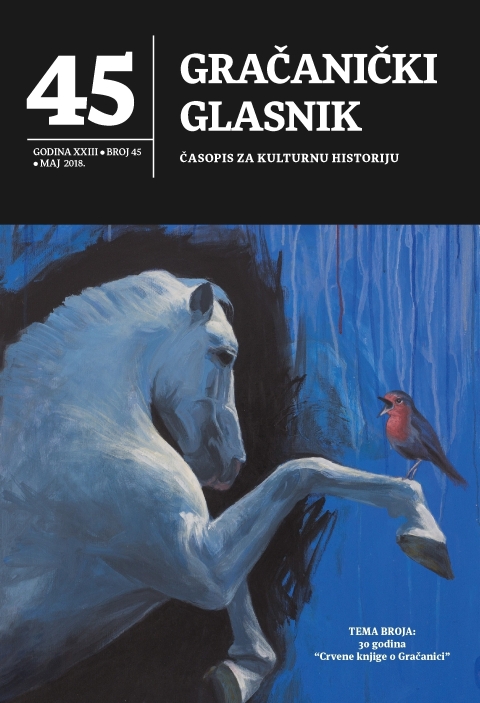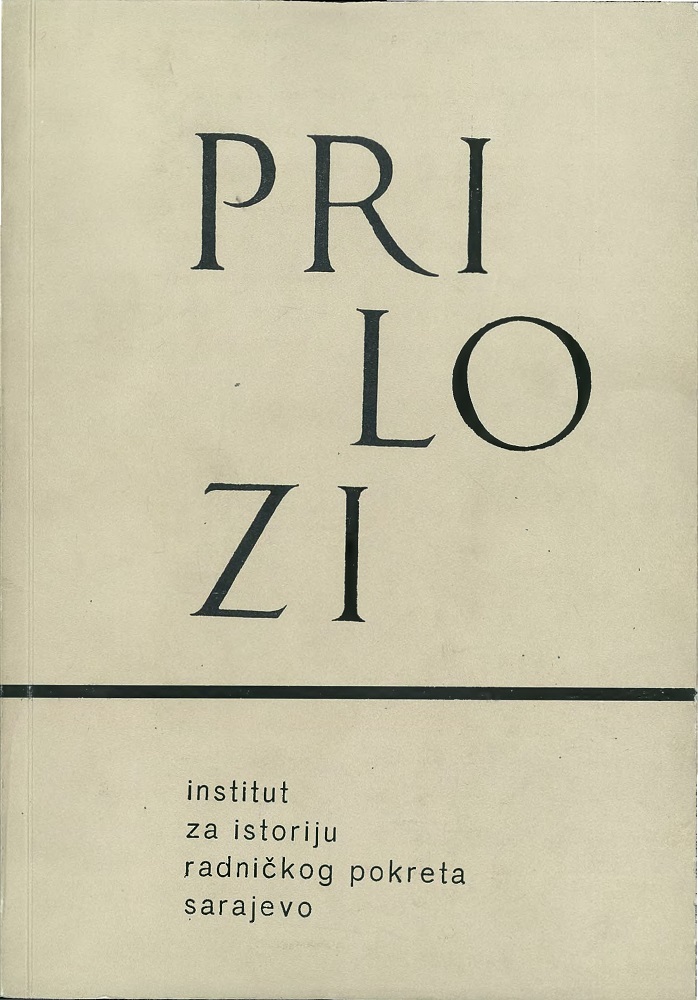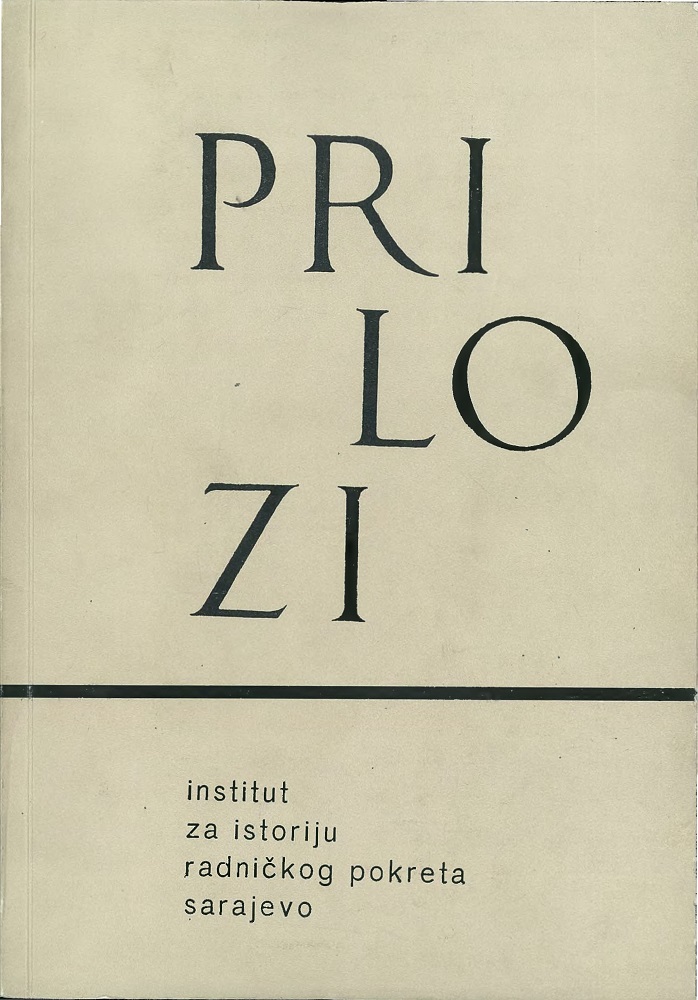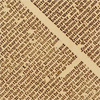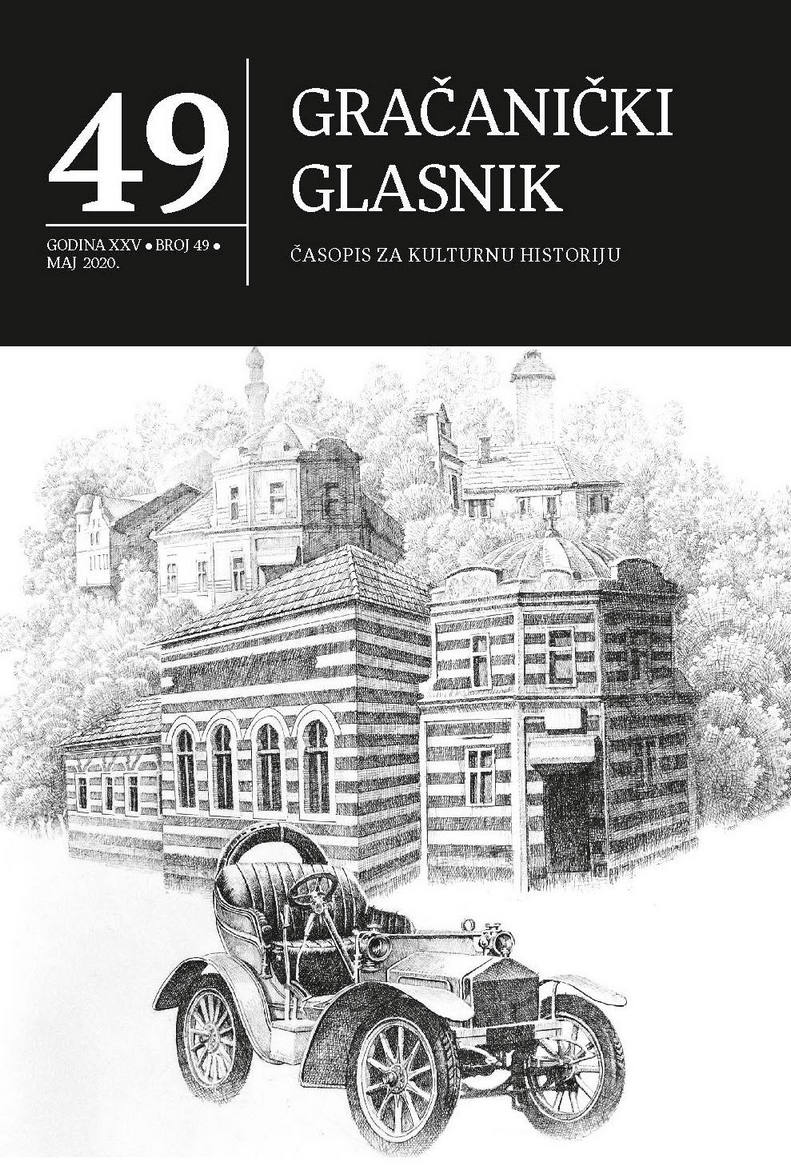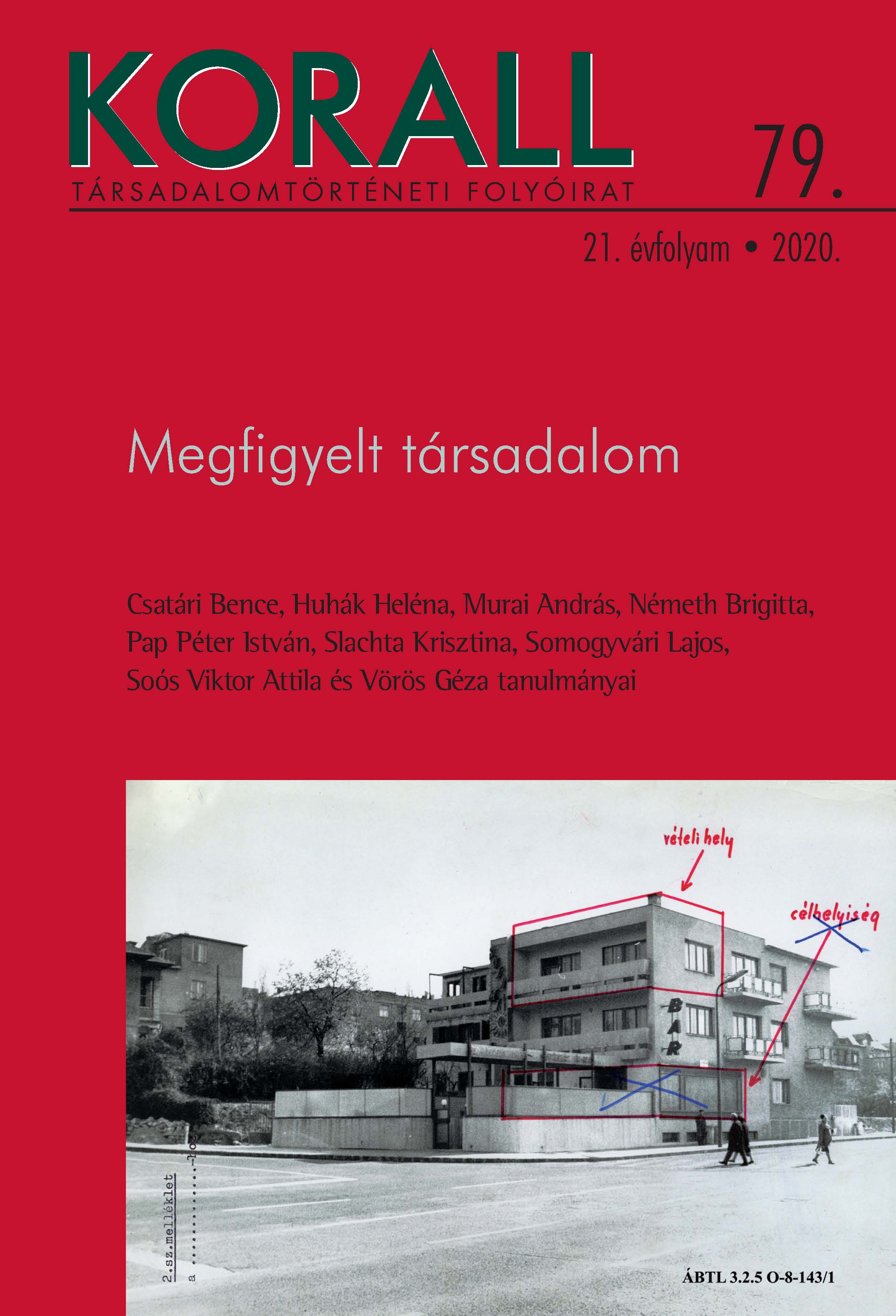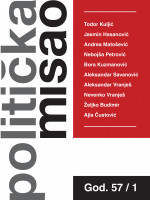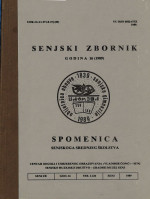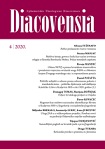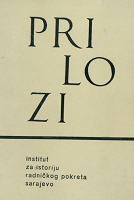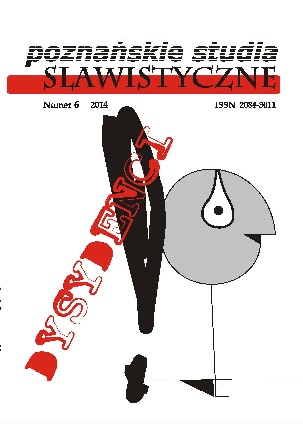
Early 1970s and the Cinematic Case of Tomislav Radić
Rane 1970-e i filmski slučaj Tomislava Radića
Keywords: Tomislav Radić; Živa istina; Timon; modernism; Pula Film Festival; documentary style
Although his early feature length works – Živa istinaand Timon– created quite a stir and could be called provocative at its time (the first half of 1970s), as much as they can be considered stylistically interesting with its focus on the documentary style, Tomislav Radić can hardly be called a typical dissident, regardless of the suggestion that the politics caused the hiatus in his filmmaking (found in Ivo Škrabalo’s very influential history of Croatian cinema). He remained in the country after his initial experiences with the mainstream cinema institutions and even became a dean of the drama academy in Zagreb during socialism. Not surprisingly, after 1990 he was very close to the nationalist government and yet he became the author of the first artistically successful fiction film about the perils of (Croatian) transition – Što je Iva snimila 21. listopada 2003.The author is in this case more ambivalent than his work, but the fact that his films mix very freely facts and fiction (in all of his best works – from the 1970s as well as the 2000s and 2010s – actually encourage analytical merging of art and the man who made it, thus making the study of dissenting and contesting figures of socialism more challenging. The insight into aspects of Radić’s work gives a very useful perspective on the complexities of working in the socialist context.
More...
